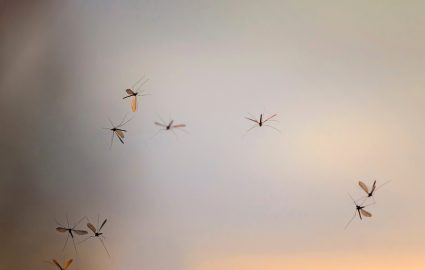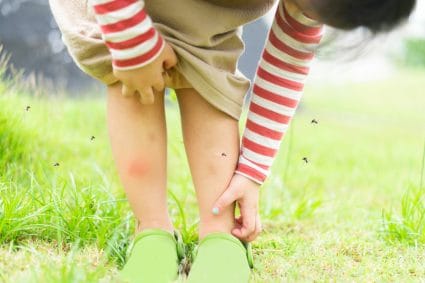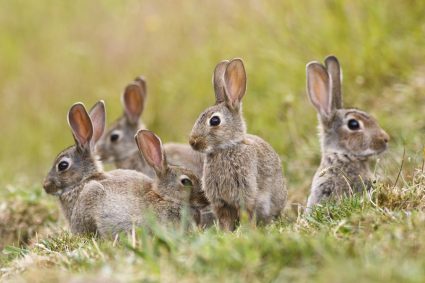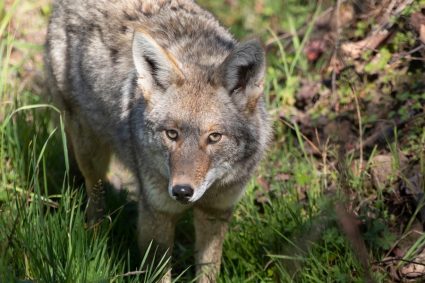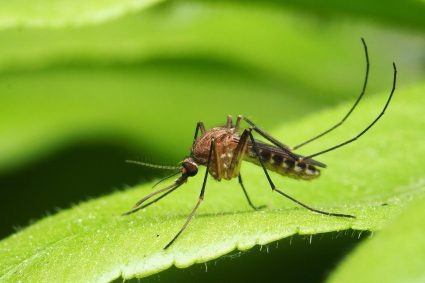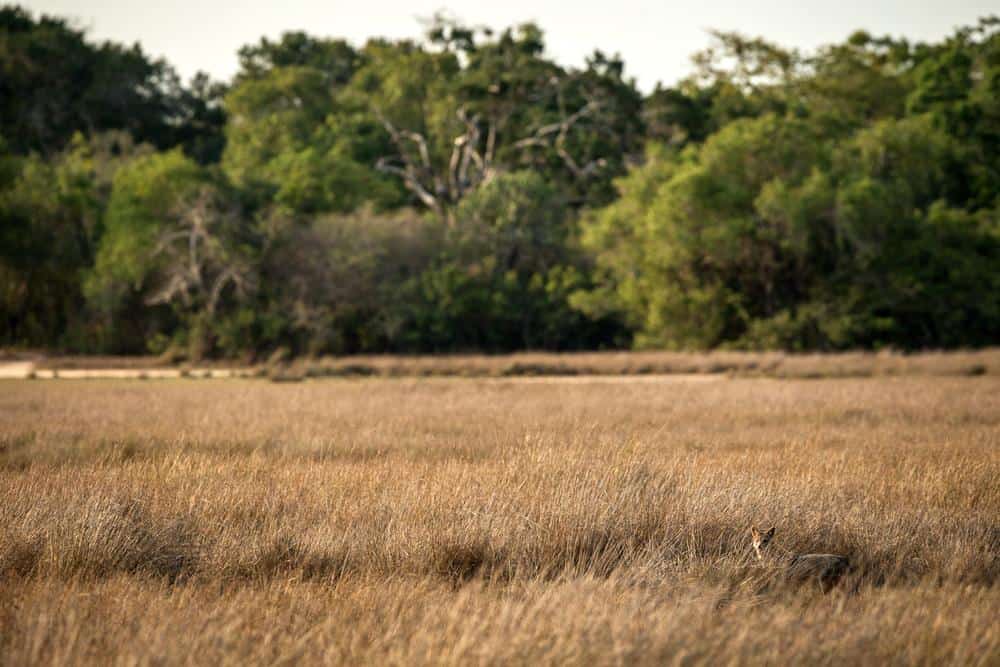
Rabbits, with their twitching noses and fluffy tails, may seem like a charming addition to your garden. However, any gardener who has dealt with bunnies knows that these cute creatures can wreak havoc on plants and vegetables. Understanding what plants bunnies hate can help you deter these furry pests from your garden.
Rabbits typically avoid plants with strong smells, rough textures, or toxic properties. Some plants they dislike include Ageratum, Allium, Chives, Catnip, Marigolds, Lavender, Foxgloves, Basil, Peonies, and Mint. However, some of these plants can be toxic to rabbits if ingested, so it’s important to ensure rabbits don’t have access to them.
Why Bunnies Avoid Certain Plants
Bunnies tend to avoid plants with specific characteristics, such as strong smells, rough or fuzzy textures, and toxic properties. The strong aroma of some plants can be off-putting to their sensitive noses. Other plants have a taste or texture that rabbits find unpalatable. Some plants are toxic to rabbits and can cause health issues if ingested.
Top Plants That Bunnies Dislike
There are several plants that rabbits typically avoid. Here are some examples:
- Ageratum
- Allium
- Chives
- Catnip
- Marigolds
- Lavender
- Foxgloves
- Basil
- Peonies
- Mint
These plants have characteristics like strong scents or prickly textures that rabbits generally avoid.
Risks and Precautions
While these plants can deter rabbits, some are toxic to bunnies if ingested. Examples include foxgloves and certain types of lilies. Therefore, it’s essential to ensure your bunnies don’t have access to these plants. If you suspect your rabbit has ingested a toxic plant, contact your vet immediately.
Using These Plants to Deter Bunnies
Incorporating these plants into your garden can help keep bunnies at bay. Consider planting these around the perimeter of your garden or interspersing them among your other plants. You can also use physical barriers, such as fencing or netting, or natural repellents to deter rabbits.
Alternatives
If you can’t use these plants in your area, consider other options. Native plants, climate-appropriate plants, and soil-appropriate plants can be good alternatives. You can also consult local experts for recommendations.
Impact on the Environment and Other Animals
While these plants can deter rabbits, they also play a crucial role in the environment. They provide food and shelter for other animals and help maintain biodiversity. However, factors like climate change and invasive plant species can negatively impact ecosystems.
In conclusion, understanding what plants bunnies hate can help you protect your garden from these furry pests. However, it’s important to consider the safety of your pets and the impact on the environment when choosing plants. With the right strategies, you can keep your garden thriving and free from bunny damage.
Frequently Asked Questions
What other methods can I use to deter rabbits from my garden?
In addition to planting rabbit-resistant plants, you can also use physical barriers such as fences or netting, use natural repellents like vinegar or chili powder, or even install motion-activated sprinklers.
Are all varieties of the plants listed rabbit-resistant?
Not necessarily. While generally, rabbits avoid these types of plants, there may be certain varieties that they find more palatable. It’s always a good idea to research specific varieties if you’re unsure.
How can I tell if my rabbit has ingested a toxic plant?
Symptoms of plant poisoning in rabbits can include loss of appetite, changes in behavior, difficulty breathing, diarrhea, or seizures. If you notice any of these symptoms, contact your vet immediately.
Can I use these plants to deter other pests as well?
Yes, many of the plants listed, such as marigolds, mint, and lavender, can also deter other pests like insects and rodents due to their strong odors.
Are there any specific ways to plant these rabbit-deterring plants for maximum effectiveness?
Yes, planting these rabbit-deterring plants around the perimeter of your garden or interspersing them among your other plants can be an effective strategy. However, the effectiveness can vary depending on the type of plant and the specific rabbit population in your area.

